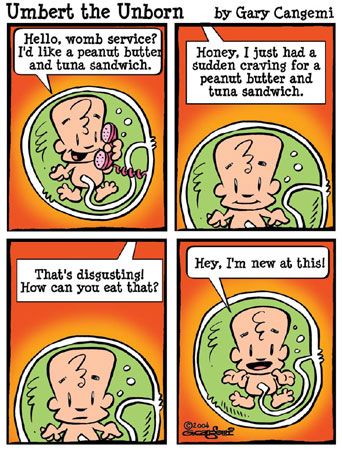
If we could come to perceive the reality of the human situation would there exist one apathetic soul in the world? We all to some extent ignore our predicament. We chase distraction through entertainment and pleasure so that we do not have to face reality. Maybe this is why, “fear of the Lord” is considered a virtue in Scripture. It is being in touch with the reality of our smallness in relation to the universe, not to mention our utter dependence on God. Can we reveal our situation to those who chase distractions? Will the atheist have the courage to face the reality of our predicament? Can we get past the noise of Modern Culture? Can we communicate our blindness and wretchedness in relation to God? I don’t know, but I believe that we are called to try.When I see the blindness and the wretchedness of man, when I regard the whole silent universe and man without light, left to himself and, as it were, lost in this corner of the universe, without knowing who has put him there, what he has come to do, what will become of him at death, and incapable of all knowledge, I become terrified, like a man who should be carried in his sleep to a dreadful desert island and should awake without knowing where he is and without means of escape. And thereupon I wonder how people in a condition so wretched do not fall into despair. I see other persons around me of a like nature. I ask them if they are better informed than I am. They tell me that they are not. And thereupon these wretched and lost beings, having looked around them and seen some pleasing objects, have given and attached themselves to them. For my own part, I have not been able to attach myself to them, and, considering how strongly it appears that there is something else than what I see, I have examined whether this God has not left some sign of Himself. (Blaise Pascal, Pensees)






